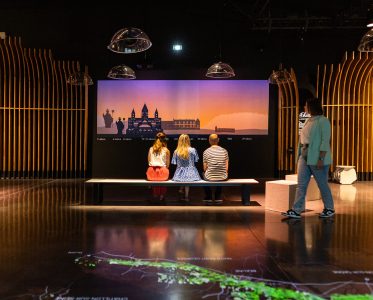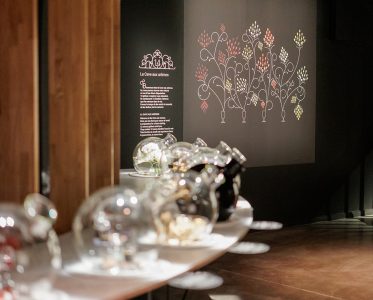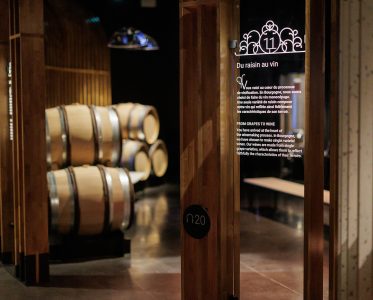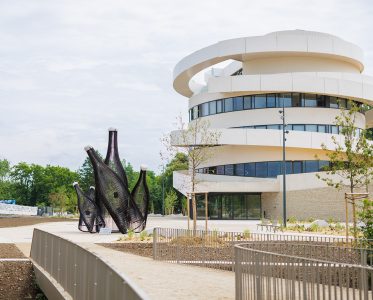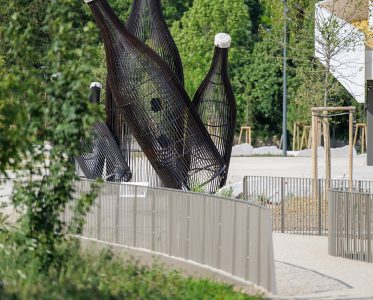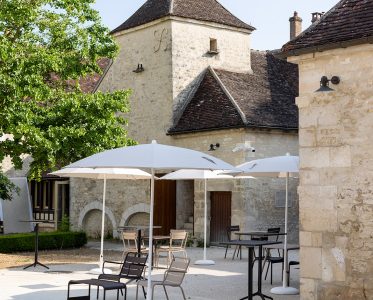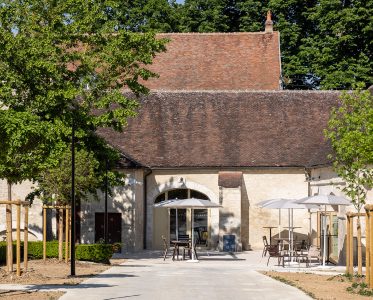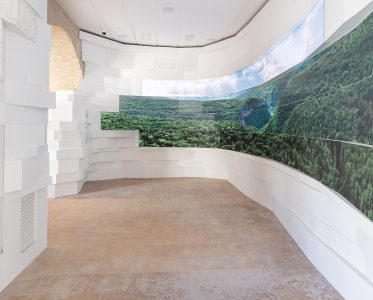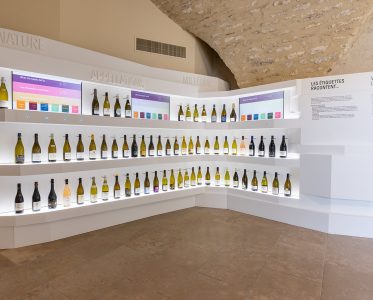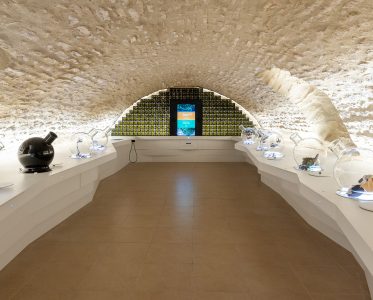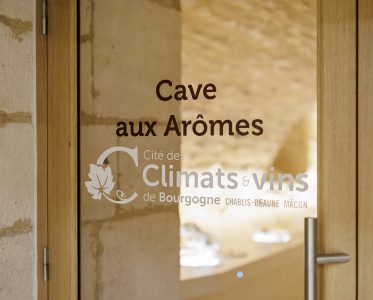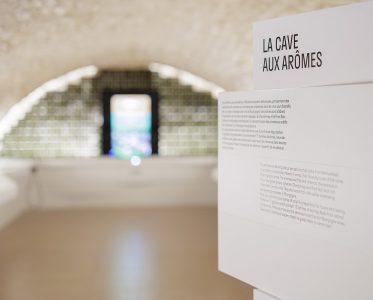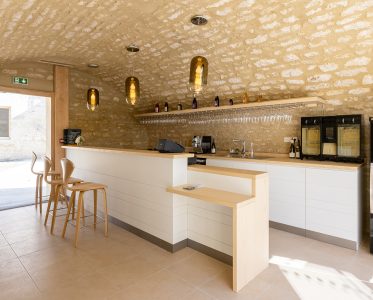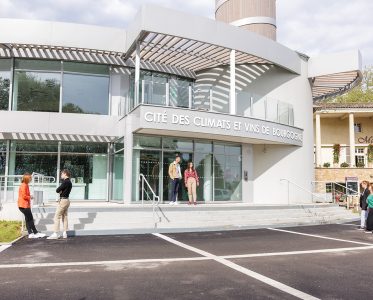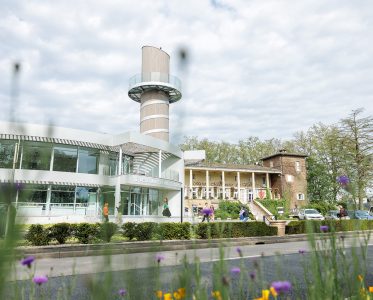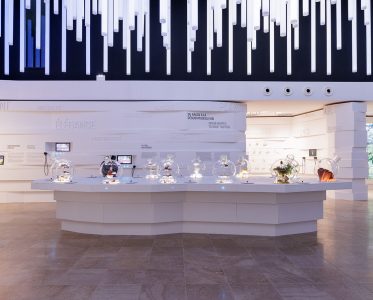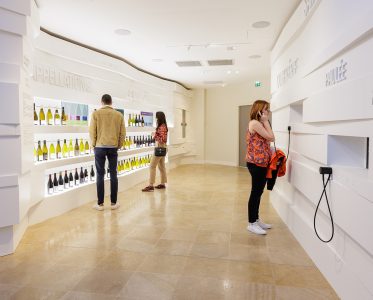The Cité des Climats et Vins de Bourgogne #22

The Cité des Climats et Vins de Bourgogne History
In 2010, winegrowers envisioned creating a cultural and tourist destination focused on the history, decline, and wine culture of Burgundy. This vision led to the establishment of the Cité des Climats et Vins de Bourgogne by the Burgundy Wine Board (BIVB), which represents all wineries and trade professions in the region. The association developed three key sites dedicated to wine tourism in Chablis, Beaune, and Mâcon. In the spring of 2023, the Cité des Climats et des Vins de Bourgogne opened its doors to the public for the first time, offering an immersive experience into the rich wine culture of Burgundy. Visitors can explore innovative museography, partake in unique courses and tasting masterclasses, and enjoy the creative renovation of the sites.
What to Do at the Cité?
The museum offers a variety of activities categorized into:
- Visits and Events
- Tasting Seminars and Courses
- Event and After-Sales Service
A standout feature is the Cave aux Aromes where visitors can engage their sense of smell with 12 sensory globes, each showcasing different aroma classes found in wine.
Why Is It So Special?
This network is unique because it connects three key wine tourism sites – Chablis, Beaune, and Mâcon, to showcase the full spectrum of Burgundy’s wine culture. It serves as a vibrant representative of Burgundy’s diverse wine heritage and the dedicated individuals working to preserve this tradition.
As a gateway to Burgundy’s wine region, it offers three distinct routes designed to encourage visitors to explore further into the vineyards and wine cellars of the region. The Cité des Climats et des Vins de Bourgogne is a landmark dedicated to celebrating Burgundy’s rich wine culture, history, and the impact of climate change on its UNESCO World Heritage vineyards.


